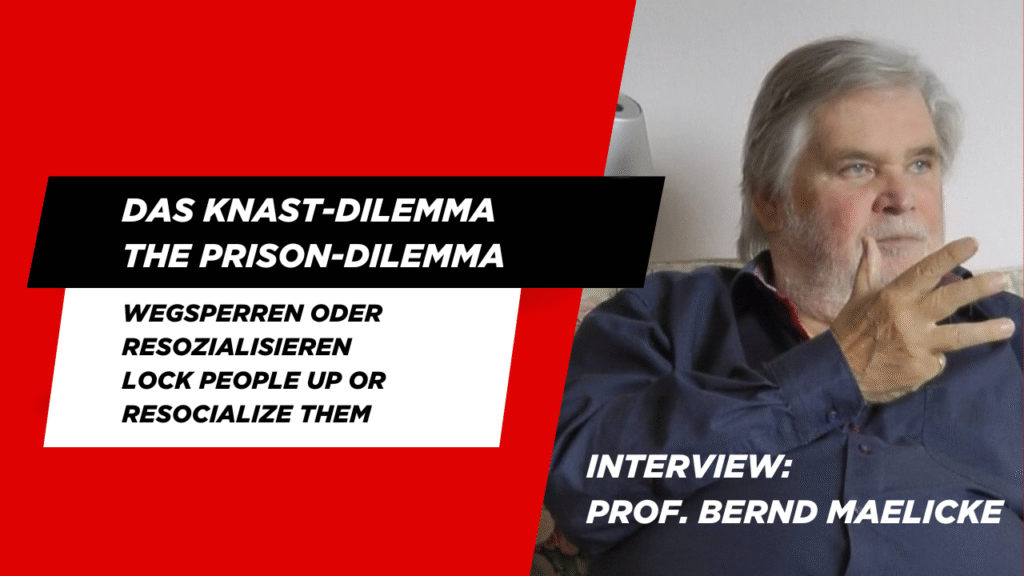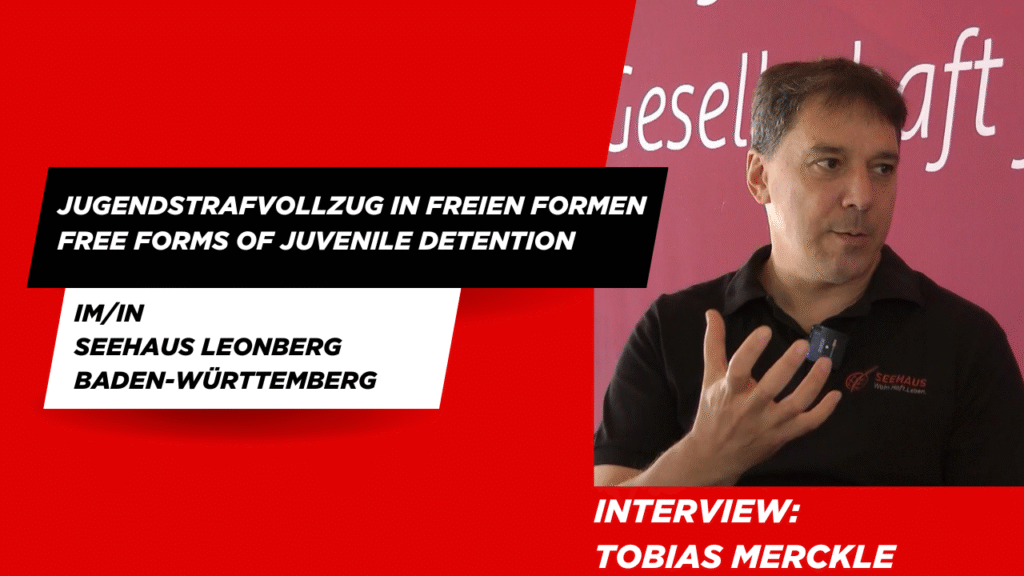Previous Article
News
A day in the life of a Croatian probation officer
Is the day of a probation officer in Germany similar to the one of someone working in Romania? In the series ‘A day in the life of a probation officer’, we publish articles written by probation officers from different countries in Europe to see if their days look a like or are very different from each other. This article is written by Marina Mirčeta Mikulić, probation officer of the Croatian Probation Service in Croatia.
 In 2011, the probation offices in Croatia were opened. It was an important step for the probation service in becoming a professional service and I was very proud to be employed in such a young, modern and human-oriented service. I was enthusiastic and idealistic, very eager to help and to change the world. Eight years later I still recognise that Marina. Although I became more realistic in my expectations, I still hope I can make a change. I know I can make a change. That’s why I like being a probation officer.
In 2011, the probation offices in Croatia were opened. It was an important step for the probation service in becoming a professional service and I was very proud to be employed in such a young, modern and human-oriented service. I was enthusiastic and idealistic, very eager to help and to change the world. Eight years later I still recognise that Marina. Although I became more realistic in my expectations, I still hope I can make a change. I know I can make a change. That’s why I like being a probation officer.
If you want to work as a probation officer in Croatia, you need to have a University Degree as a Social worker, Psychologist, Social Pedagogue (behavioural disorder expert) or other humanistic sciences. I work for the Probation Office Zagreb, which is the biggest office in Croatia considering the number of cases and the number of employees (15). We conduct cases in the Zagreb city area. It’s the capital of Croatia and has a population of around 1 million people. The Croatian Probation Service only deals with adult offenders.
Beginning of the day
All probation officers do all the probation tasks: community sanctions, suspended sentence with protective supervision and/or obligatory drug/alcohol/psychiatric treatment. We also supervise offenders on conditional release from prison. There are lots of different duties to fulfil during the day. Good planning is the base of successful work, but in the probation office it is almost impossible to stick to the plan. There are always some unexpected events, delays, non-attendance of the offenders, urgent phone calls or e-mails. Flexibility is inevitable!
From 8 o’clock offenders start arriving in the office. Some of them have arranged meetings and others just left the prison and come to report to their probation officer. Meetings with offenders are all day round, depending on the availability of the interview rooms and personal planning. Monday and Friday are usually the busiest days and the doorbell is ringing every few minutes.
Meetings with an offender last for half an hour, but if necessary they can last for more than an hour. During the meeting, I focus on the objectives in his/her individual plan, which is based on their needs, risk and responsivity assessment. Most of our clients are involuntary and they come to the probation office, because they have to. They are often drug or alcohol abusers or have serious mental health problems, so it is a real challenge to build up a good relationships with them, to overcome resistance and to find a way to work with them and motivate them for change.
After every meeting with an offender I make notes in our software, which provides us with insight in the whole case and simplifies reporting to the court.
During the day
We have very good cooperation with other services and we try to provide quality and comprehensive support to offenders. I usually use breaks between meetings to contact our partners to see if everything is all right, especially at community service. I also contact offenders who are doing community service work to encourage them to continue with good practice or to warn them to start working if they aren’t so responsible.
If I don’t have any meetings arranged in the office, I’m visiting offenders’ families and check living conditions and family relations. We always go in pairs for safety reasons. The time we spent together is also an opportunity to discuss some doubts and exchange opinions on different cases. We still don’t have supervision, so intervision is the alternative. Different educational and professional backgrounds, provide other perspectives to the problem and that often helps us in solving it.
The end of the working day
The end of the day is the time to finish today’s tasks. To check my “to do list” that I made in the early morning, write the last notes and make a call to remind offenders of important meetings that they have the day after. It is also an opportunity to summarise the day and prepare for the next one.
Being a probation officer is very interesting, challenging and demanding. Sometimes it is hard to maintain high motivation, sometimes it seems like everything is going downhill, but on the other hand there are rays of sunlight when you hear that you have helped someone to change their behaviour, to find a job or to fix their relationship. One “Thank you” or “You’ve helped me” and everything seems right again.
“Even if you just help one person, you’ve helped the whole community. It’s just like a ripple in the pond.” (Billie Johnson)

Related News
Keep up to date with the latest developments, stories, and updates on probation from across Europe and beyond. Find relevant news and insights shaping the field today.

Probation in Europe, Technology
Have Your Say: EU Call for Evidence on the Digitalisation of Justice (2025–2030)
18/08/2025
The European Commission has opened a Call for Evidence on the Digitalisation of Justice: 2025–2030 European Judicial Training Strategy.
Reading corner

Criminal Justice
Parole Futures
18/08/2025
At a time when many parole systems are experiencing considerable strain, the aims of this collection are twofold: first, to encourage systematic and critical reflection on the rationalities, institutions and practices of parole. Second, to think big, and pose ambitious ‘what if’ questions about the possible futures of parole and prison release. Offering novel insights from Asia, Australia, Europe, North America and South America, this collection builds the case for, and then showcases, a ‘way of doing’ parole research that is global in outlook, interdisciplinary in approach and unapologetically normative in character.
New

Probation in Europe
New Vodcast Episode: Prof. Bernd Maelicke on The Prison-Dilemma
12/08/2025
The 13th episode of Division_Y features an in-depth conversation with Prof. Bernd Maelicke, one of Germany’s most respected voices in prison and probation reform.
New

Probation outside Europe
CEP Ambassador Steve Pitts Receives Prestigious Japanese Honour
05/08/2025
We are pleased to share that CEP Ambassador Steve Pitts has been awarded the prestigious Order of the Rising Sun, Gold Rays with Rosette by the Government of Japan. The honour was officially presented on 25th July 2025 at a formal ceremony held at the Japanese Ambassador‘s residence in London, hosted by the Japanese Ambassador.
New

CEP Events
Mark Your Calendars: Exciting Probation Events Ahead
30/07/2025
As the season continues, we’re looking ahead to a dynamic line-up of events across Europe. From specialised workshops to international training and conferences, there’s something valuable for everyone working in probation and beyond.
New

Probation in Europe
New Vodcast Episode: Tobias Merckle on Free Forms of Juvenile Detention
12/07/2025
The 12th episode of Division_Y features an engaging discussion with Tobias Merckle, a social worker and social entrepreneur from Baden-Württemberg, Germany.
Subscribe to our bi-monthly email newsletter!
"*" indicates required fields
- Keep up to date with important probation developments and insights.

